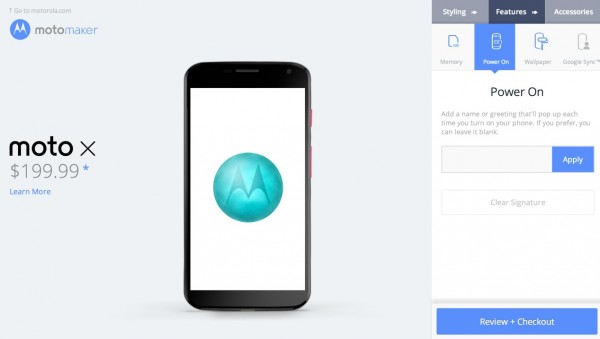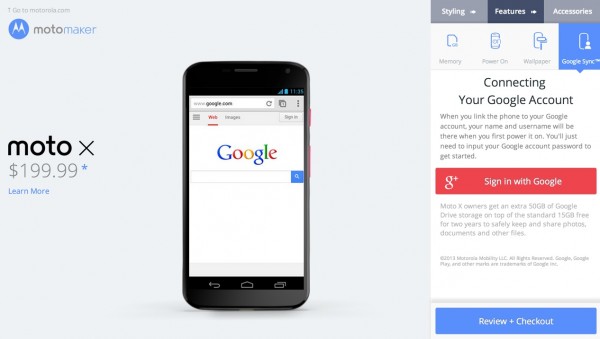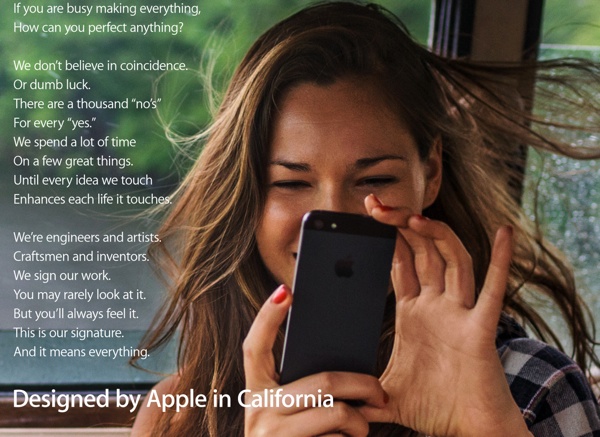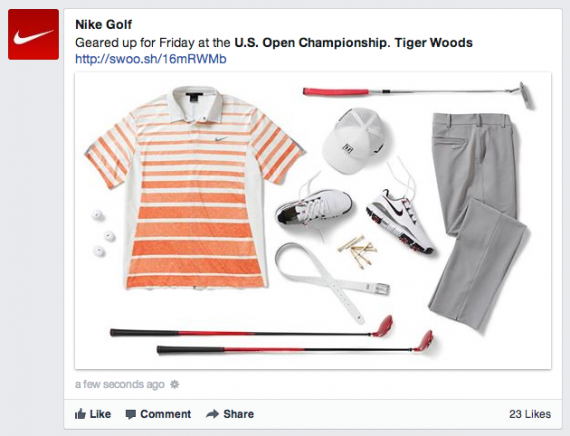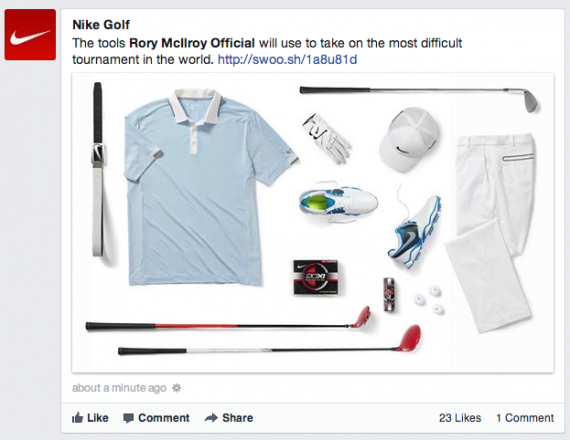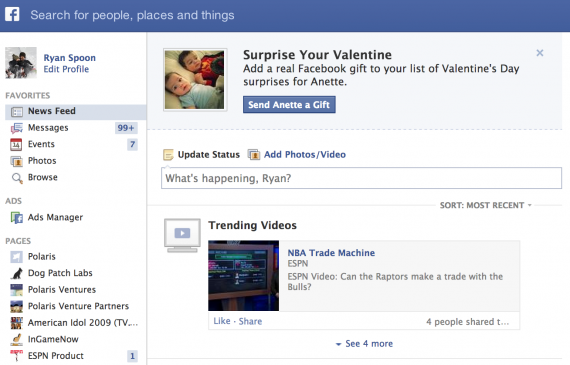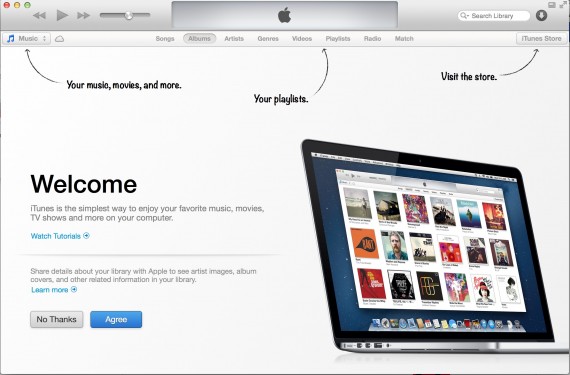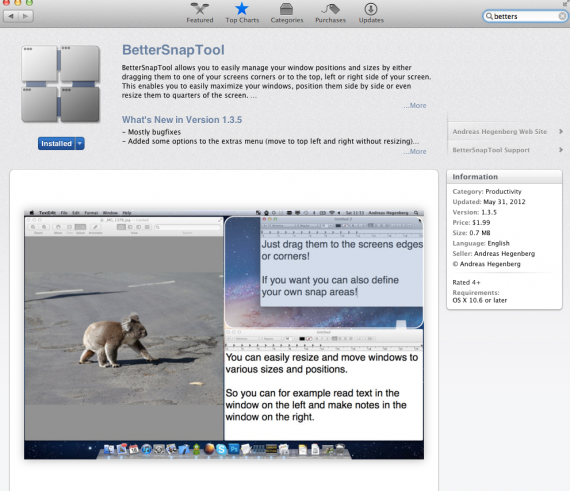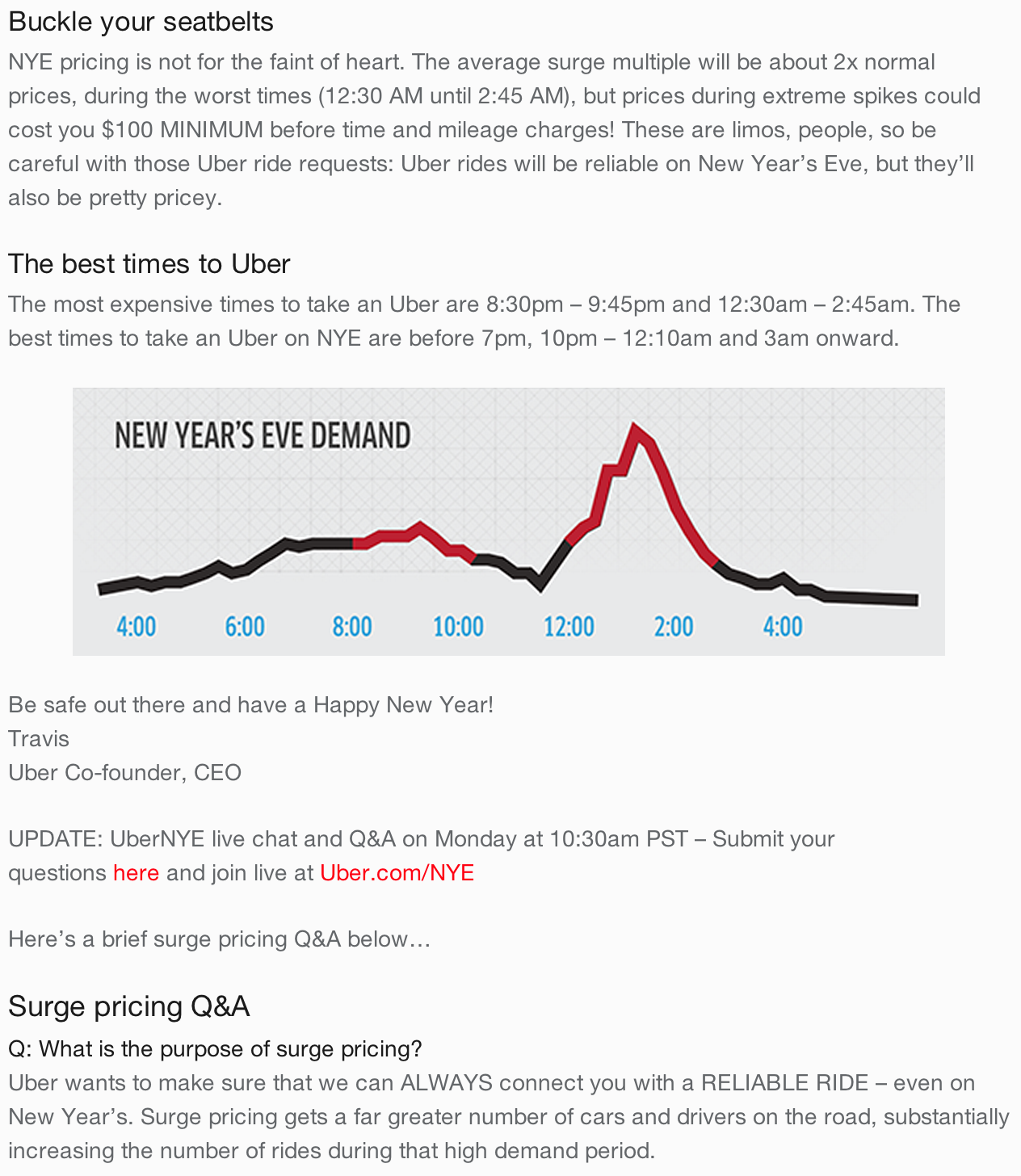Biz Stone, co-founder of Twitter, took to Medium this week to share some thoughts on Facebook: "Now that I use Facebook more regularly, I started having some ideas for the service—here’s one... They could offer Facebook Premium. For $10 a month, people who really love Facebook (and can afford it), could see no ads. Maybe some special features too."
First off, I like that he's doing this on Medium - a service / platform that I am really growing fond of... and a service / platform that encourages this kind of discussion from thinkers like Biz. (The other service I am enjoying: Branch, which enables discussion in a different, interesting way).
On Facebook Premium - it's the right idea, particularly for a service that so many users are so passionate about and dedicated to. At ESPN, we have a premium service called ESPN Insider that is sneaky-big itself and a combination of premium tools and content (ie Fantasy Football product enhancements and unique articles on recruiting, etc).
For me to pay a monthly subscription to Facebook - which I gladly would - I think it has to follow suit: it would have to be some specialized feature(s), enhancement(s), etc. My guess is that mobile and the mobile application are the biggest opportunities for those sorts of features.
And then there are single-use purchases as well: while Path is a much smaller community, my network has been gobbling up premium stickers ($1.99 each) to make conversation richer. And there are filters, etc. This is different than Facebook Gifts - which is really a one-to-one transaction rather than an enhancement that adds value to core product. Path's stickers, for example, have become mechanisms for comments / conversation... which of course has a viral loop.
The trouble with marking premium as ad-free is that it changes much of the Facebook experience. Sure there are ads that are not much different than traditional CPM advertising... but most are hybrids of advertising and social interactions. A couple questions arise including the central point that many of Facebook's units, while paid advertisements, are actually value-add to the consumer - for instance, the mobile application installer ('your friends are using xyz') is quite useful. What happens to the social and advertiser economy if certain friends pay to opt out? What happens to fans who want to follow brands onsite? Many brands are hybrids of paid and organic content, activity, etc. How does this effect Facebook's relationship with advertisers - whose network of users (and likely the most active, influential users) shrinks?
In short: if Facebook's ad strategy were solely traditional banners and units, it would be a far easier proposition to all (users, advertisers, etc). But the deep blending of advertising with social layers & interactions makes it far tougher. And that's a credit to Facebook because they are innovating on the ad experience. The premium opportunity better exists within premium features and products.


